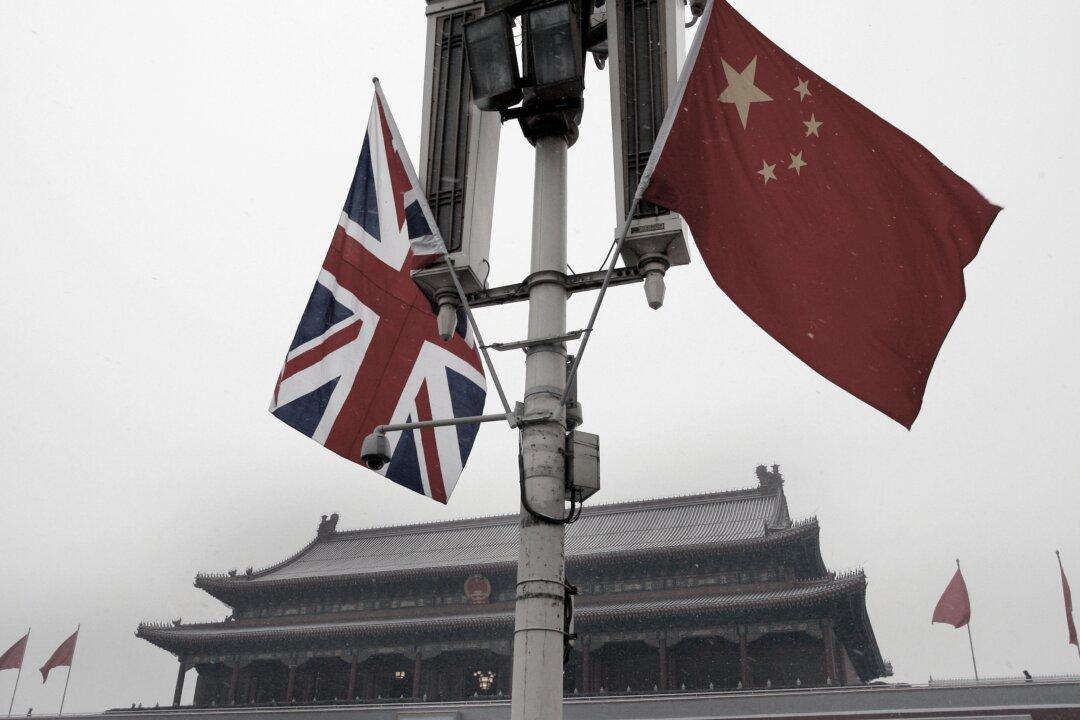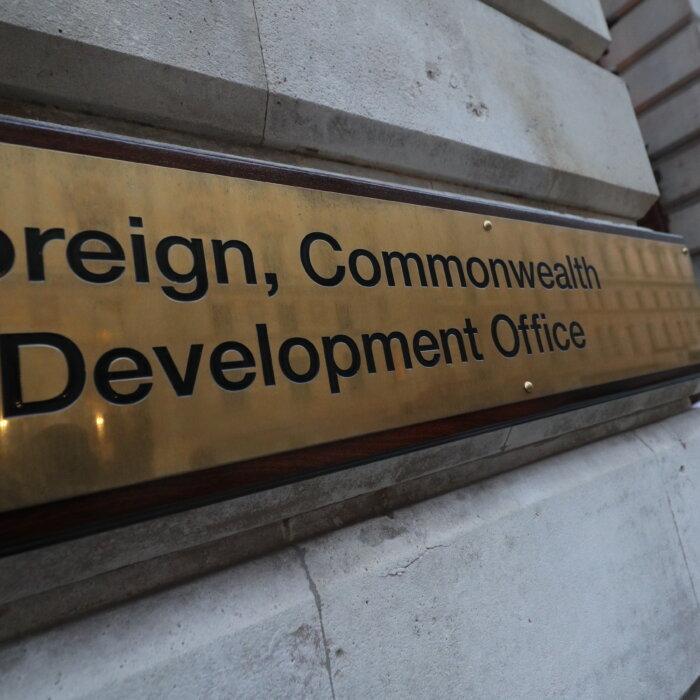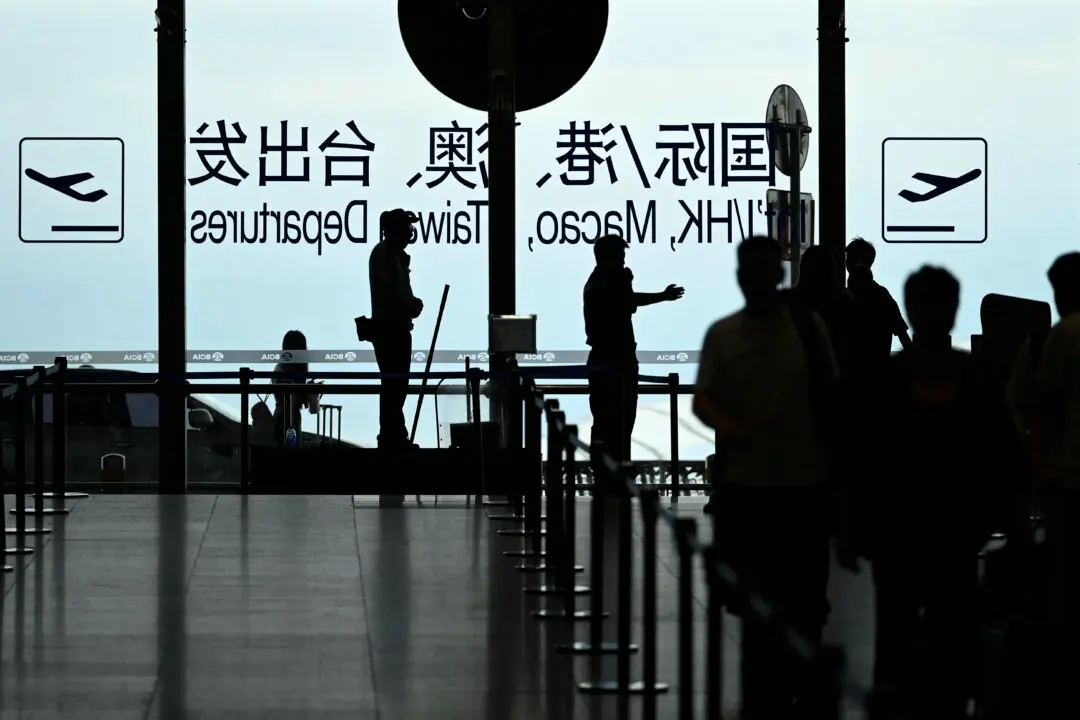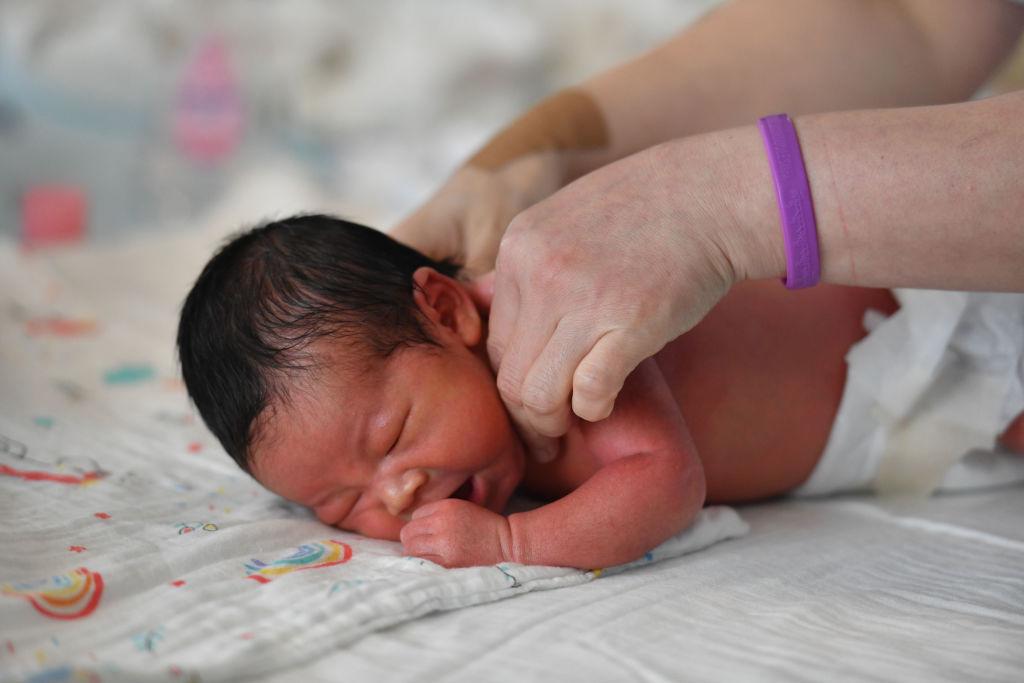The UK’s aid engagement with China has fallen by some 90 percent since 2019, but there’s still too little transparency around how the money is spent, according to the aid watchdog.
The Independent Commission for Aid Impact (ICAI), which scrutinises the UK’s official development assistance (ODA) spending, said bilateral aid to China has dropped from £80 million in 2019 to an estimated £8.2 million in the current financial year.
However, transparency remains “insufficient—particularly regarding ‘administration costs,’” the watchdog said.
It also said there’s a lack of transition planning for China’s expected graduation from aid eligibility.
The UK has stopped sending direct aid to the Chinese regime since 2011 as the country became richer, but aid has continued via non-governmental programmes.
Since 2021, the government has said it would scale back its aid to China. It came after former Prime Minister Boris Johnson slashed the UK’s foreign aid budget following the COVID-19 pandemic. However, the government has also committed to continue engagement with the Chinese regime over issues including climate and global health.
ICAI said in 2021 that while China was still eligible for ODA funds, it was likely to cross the eligibility threshold within four to six years.
In 2022, science minister George Freeman said the now-defunct Department for Business, Energy and Industrial Strategy was ending all bilateral ODA funding to China, but technical assistance to China on climate change issues would continue, albeit smaller and would use non-ODA sources.
The watchdog has also stopped making the distinction between aid to, with, and in China since 2021, saying “virtually all of the existing portfolio is categorised as aid ‘to’ China.”
In the current financial year, most of the spending, around £5.8 million, was via the British Council, an arm’s-length body of the Foreign, Commonwealth and Development Office (FCDO).
Around £1.24 million was spent on scholarships for Chinese students through the FCDO’s Chevening Scholarship Programme.
The FCDO has also spent £500,000 in China through its global Forest Governance, Markets and Climate Programme, while the Department for Environment, Food and Rural Affairs spent around £200,000 in China through its Illegal Wildlife Trade Challenge Fund.
The FCDO has said it expects aid to China remain at the current level until the country becomes ineligible to receive ODA, the report said.
ICAI said there have been efforts to improve transparency in some areas, but it has worsened around administration costs as the government stopped publishing ODA-eligible administration costs on a country‑by-country basis.
According to the watchdog, the FCDO said under the current methodology, country-level data used to determine the FCDO’s total ODA-eligible operating costs are not a robust measure of ODA-eligible operating costs at a country level, and statisticians from the department have committed to reviewing the methodology and having further discussions with ICAI on this.
The watchdog also criticised the government for not planning for the transition of funding to China from ODA to non-ODA funds, saying it’s a “concern” particularly for the work of the British Council.
ICAI Commissioner Sir Hugh Bayley, who led the report, said: “There is still too little transparency over how UK taxpayers’ money is being spent in China, and we’re concerned it seems to be going backwards on the issue of ‘administration costs’ charged to the aid budget which can run to millions of pounds.
“As China will soon be ineligible to receive aid, it’s important that the government ensures there is a proper strategy in place for the transition if dialogue with the country on issues of global importance such as climate change is to continue.”
Last year, senior Tories including former party leader Sir Iain Duncan Smith, who is sanctioned by the Chinese regime, called on the government to stop sending aid to China, saying it’s “madness” to give aid to “a bigger economy than ours.”







